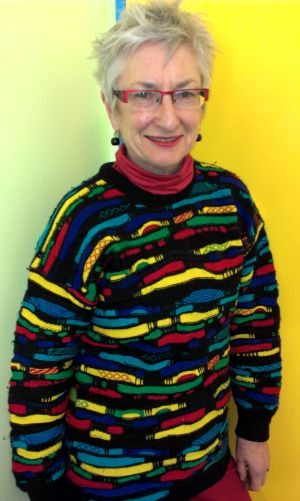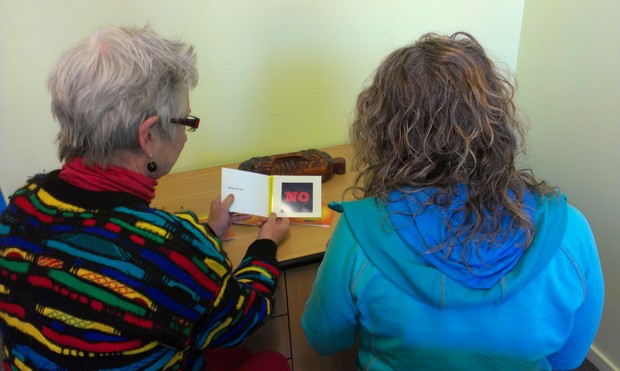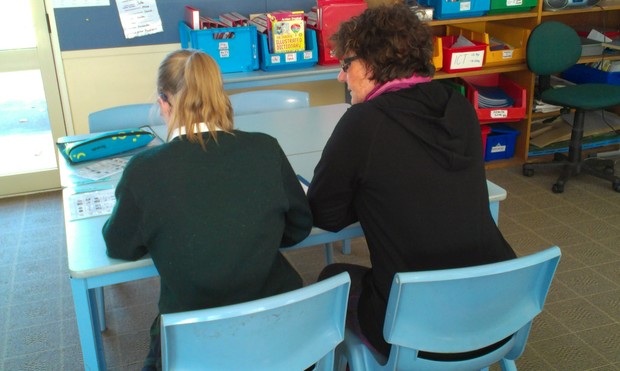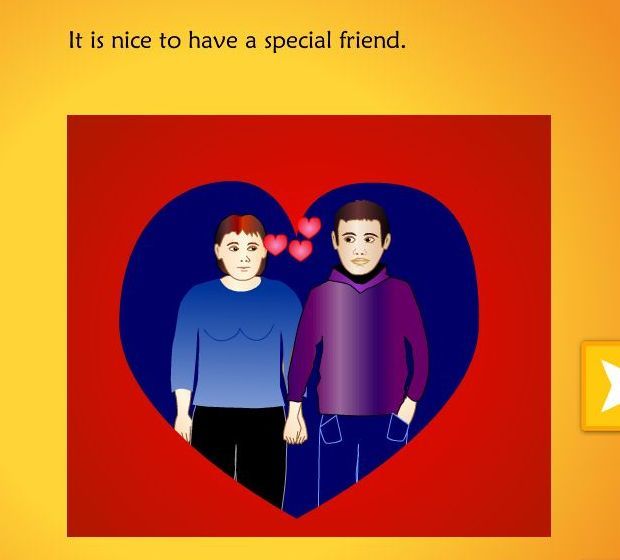Teaching children about the birds and the bees is often challenging. But it can be tougher still for parents whose young people have learning difficulties. Katy Gosset meets a sexual health educator who is helping those families to navigate puberty and all it brings.
"Let's talk about sex, baby"
 The song might be more than 20 years old but the topic is still just as important. Yet actually sitting down for the "Birds and Bees" talk isn't always easy and it can be even harder for the parents of children with intellectual disabilities. Now a Nelson sexual health educator, Annette Milligan, has put out a set of resources that explains sex and personal hygiene for people who have Down Syndrome or are on the Autism Spectrum.
The song might be more than 20 years old but the topic is still just as important. Yet actually sitting down for the "Birds and Bees" talk isn't always easy and it can be even harder for the parents of children with intellectual disabilities. Now a Nelson sexual health educator, Annette Milligan, has put out a set of resources that explains sex and personal hygiene for people who have Down Syndrome or are on the Autism Spectrum.
The "Me" series of ebooks covers sexual intercourse, periods and masturbation as well as dating. Ms Milligan says, importantly, it also sets out some guidelines about the degree of intimacy that's appropriate within different types of relationships. She says some children with learning difficulties don't make distinctions between the people they know and the people they don't. "So running up and sometimes hugging someone who [is] a total stranger."
She says when the children grow into young people it makes it hard for them, both to integrate into their communities, but also to keep themselves safe. "It puts them at great risk of sexual assault or other violations so teaching children how to be safe is a pretty important issue."
Photo: Annette Milligan
Using Correct Terms
Annette Milligan says children with disabilities can often grow up in a "bubble", surrounded by adults and so they miss out on what she calls the "behind the bike sheds" talks that children usually engage in. She says this means that adults can't always be sure that their young people are using sexual terms correctly.
Ms Milligan says a recent example came from a residential care provider where a couple, both of whom had intellectual disabilities, had said they wanted to sleep together and have sex. But when the care giver asked them what that would entail, they said they intended to get into bed together with their pyjamas on and go to sleep together. "When the caregiver explained to them what sexual intercourse actually was the young couple were absolutely horrified."

Annette Milligan looks at the Me resources to Karen whose daughter has been using them.
Personal Health
Annette Milligan says the "Me" Resources also look at personal hygiene, explaining the different body parts that need to be washed, as well as basic functions like toileting. And she says designing the visuals and animation for the ebooks proved a learning curve for her too. "We started out with a picture of somebody sitting on a toilet." "Then I very quickly had feedback that a lot of people with autism wouldn't be able to understand that, that we had to show poos dropping in the loo and so we have."
Karen's teenage daughter, Karlee, has Down Syndrome and she says the books have proved useful when it comes to showering. "She's in and out of the shower within 5 seconds and so she reads through the book and she goes "OK, well, I haven't done under my arms, I haven't washed under my feet." Karen says her daughter keeps the books in her room and can refer back to them regularly. She says the resources have also helped to teach her that she should show affection towards her boyfriend in private rather than public places. Karlee herself says she's learnt from both the resources and the health programme at her school, Waimea College, about how to deal with unwanted attention by saying "Stop!"

Karlee is learning about sexual health at Waimea College.
Changing Attitudes
Annette Milligan says she worked in the disability sector herself in 1980 and found there was negativity toward the idea of disabled people having intimate relationships.
"There was almost repulsion really about the idea that somebody with any disability could be a sexual being." "Sexual relationships were most certainly not encouraged in 1980."
She says society has come a long way and many parents now want their children to lead fuller lives.
"I find increasingly that people are going, 'Yes, yes, actually everybody's got the right to have a relationship.'"

The Me resources for young people with learning difficulties.


